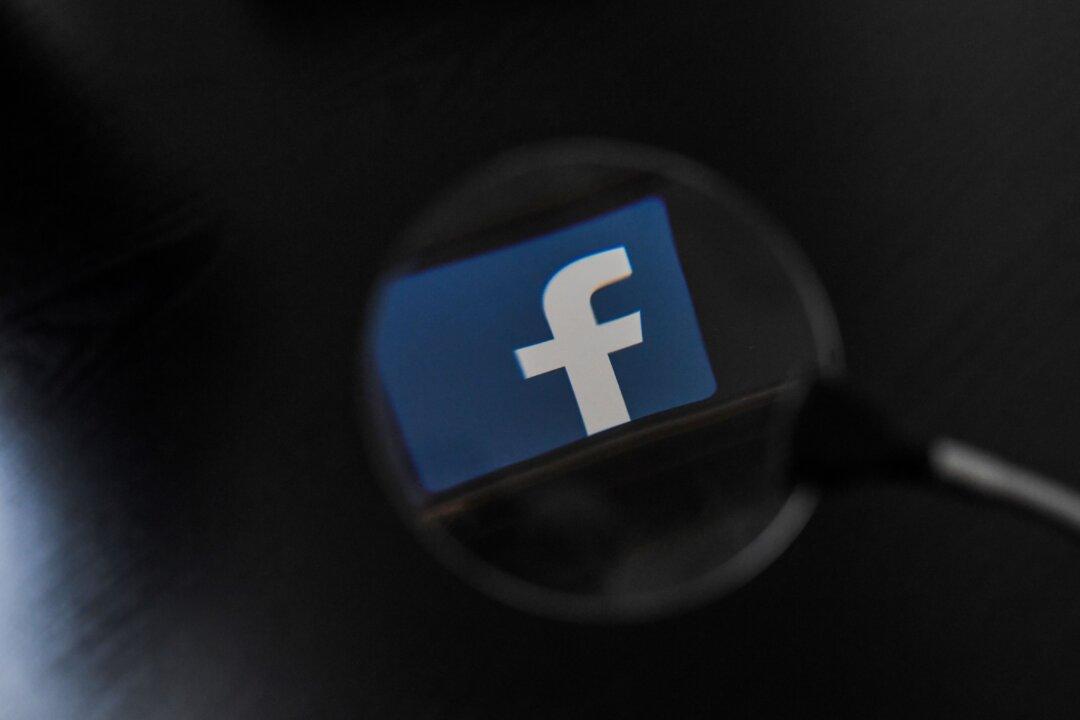The Daily Beast website reported that Facebook assisted in its effort to dox a conservative man who manages Facebook pages focused on political and sports news and commentary.
The June 1 report said that Facebook provided information on the man’s private account activity, adding to concerns about the social media giant’s battered privacy record.





